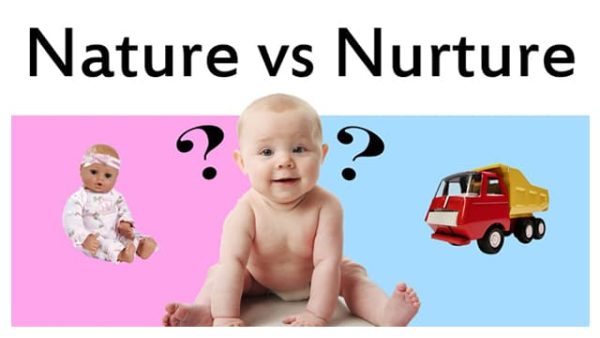CHHS workshop investigates early childhood development

“Nature or nurture” has been a question of interest for developmental researchers, but a recent UNC Charlotte workshop is showing that the inquiry is more complicated. In fact, the way infants are nurtured can affect the physical nature of their brain for the rest of their lives.
“Infant Dividends: Securing a Lifetime of Potential” connected experts from across UNC Charlotte’s campus with health care and child development specialists from Mecklenburg County and beyond. The daylong workshop at UNC Charlotte Center City covered the current state of developmental brain research and the challenges and opportunities in engaging families on infant health.
Keynote speaker Betty Rintoul, a child psychologist with 40 years of experience, said once she graduated with her master’s degree, she saw the mental disabilities she had been trained to diagnose far less frequently than general developmental disabilities. The latter, she and other researchers began to see, often emerge from infants growing up in difficult environments and not receiving the care they need.
This led Rintoul to ask a simple question: “How can we really help?”
The answer to that question is the catalyst for workshops like “Infant Dividends.”
According to Rintoul, “Early interactions are absolutely essential and shape the physical characteristics of the brain. Folks in the communities need to have an understanding of the brain research.”
Nancy Fey-Yensan, dean of the College of Health and Human Services, opened the workshop with similar sentiments. “Infants and toddlers experience the world in productive ways. It is those environments that we must address to address their development.”
Fostering community understanding of child development is dependent on the presence of well-versed educators like JaneDiane Smith, professor of special education and child development at UNC Charlotte. Smith explained what happens in the brain of a child who is raised in a nurturing environment.
“Infants and young children who experience loving relationships, responsive and language-rich environments form connections in their brain that enable them to develop all of the behaviors and skills — for example, curiosity, interest in the world, self-esteem and motivation — that provide the foundation for learning.”
The opposite can be true of children raised in difficult circumstances. Infants who consistently suffer negative early experiences are at risk for development delays, educational failure and poor health outcomes, Smith said.
A panel discussion featuring Brian Collier, executive vice president of the Foundation for the Carolinas, and State Sen. Jeff Jackson considered the process converting research to public policy. Social work professor Bob Herman-Smith moderated the discussion. He said advocating for change requires three basic elements: science, stories and stamina.
“You need science to provide evidence that interventions work, good stories to demonstrate how they work in the real world, and stamina because change takes a long time.”
For Rintoul, the significance of “Infant Dividends” and similar educational efforts comes back to a simple, if somewhat startling reality: “The need for connection to others is as biologically important as the need for food.”
Michele Issel, public health sciences Ph.D. program director, said sharing these nuanced understandings of early development is a critical mission for researchers and providers moving forward.
“The challenge for all health and human services professionals will be to leverage our deeper knowledge about infant mental health into policies and resources that support all families to have the healthiest infants and children possible.”